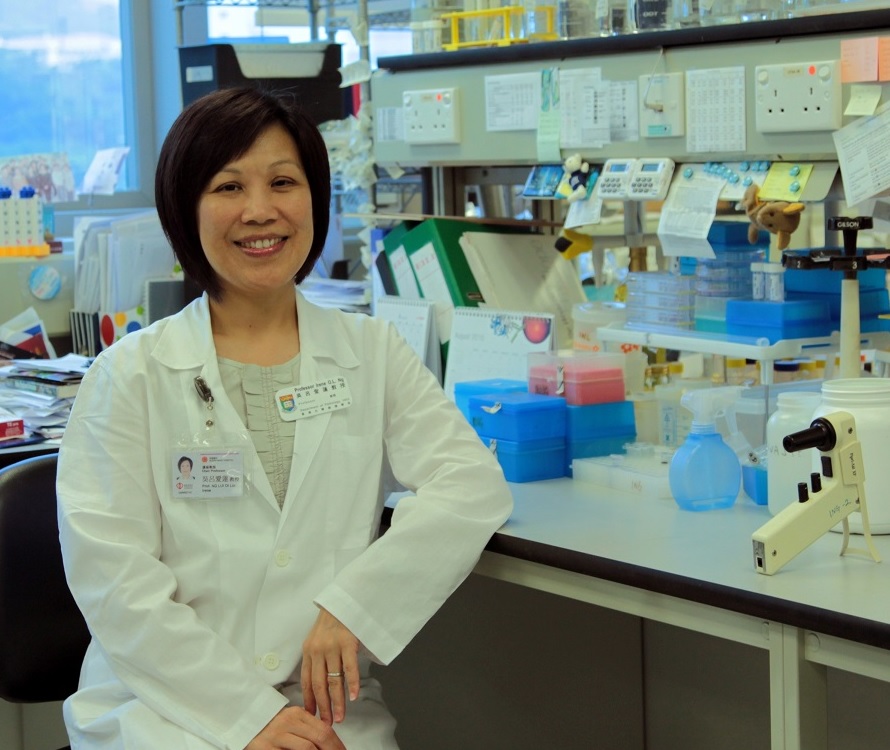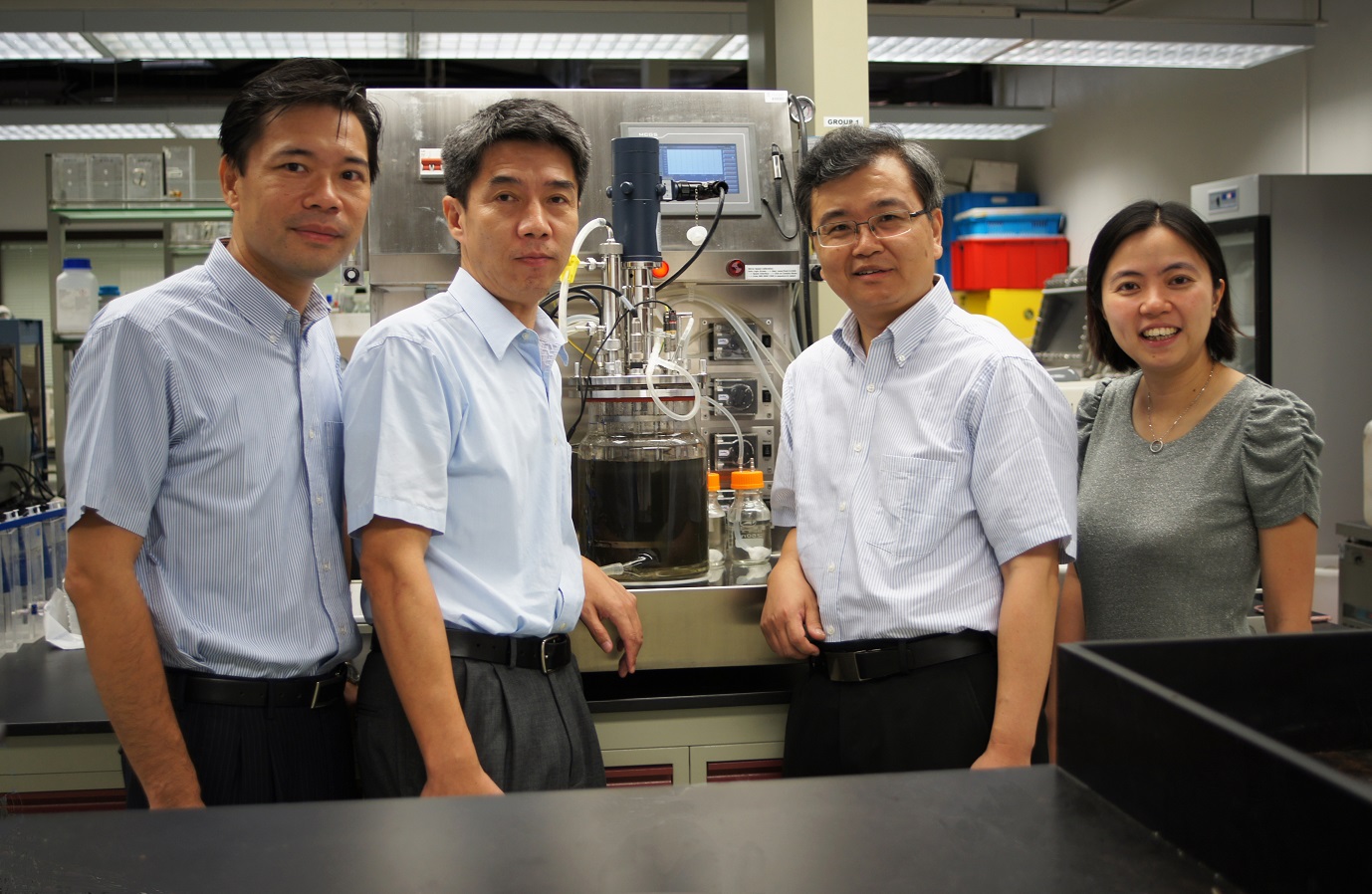
HKU Funded Most Projects and Largest Amount in Latest Round of RGC’s Theme-based Research Scheme
HKU researchers have achieved excellent results in the sixth round of the Theme-based Research Scheme (TRS), a major grant scheme of the Research Grants Council (RGC) that aims to focus academic research efforts on themes of strategic importance to the long-term development of Hong Kong.
In this latest round of the scheme, HKU is participating in all seven funded projects and coordinating four of them. The following four HKU-led projects—which look at gastric cancer, liver cancer, wastewater treatment and digital citizenship—received a total budget valued at HK$140M (including on-costs) for a period of five years.
Gastric Cancer Genomics and Beyond - Moving from Patient Samples to 3D Organoid Cultures for Integrative Genomics Analysis, Drug Sensitivity Assays, Cell Biological Studies and Animal Models
|
Project Coordinator: Professor S.Y. Leung, Department of Pathology |
|
|
|
|
Understanding Cancer Stemness in Liver Cancer - From Regulation to Translational Applications
|
Project Coordinator: Professor I.O.L. Ng, Department of Pathology
|
|
|
|
|
Enhanced Separation and Sludge Refinery for Wastewater Treatment - Solving the Nexus of Pollution Control and Resource Recovery in Mega Cities
Project Coordinator: Professor X.Y. Li, Department of Civil Engineering
Approved funding: HK$35.556M
|
|
|
|
The project is built on HKU’s research strength in the field of water environmental engineering that has received significant support from external and internal funding sources, and is led by a multidisciplinary team. “We believe in the importance of collaboration among different disciplines in producing quality research,” Professor Li said. “Our team members have been working together over the years and the synergy created has led to this successful TRS application and will enable us to excel and evolve into a world-leading R&D centre in wastewater treatment and water pollution control technologies. The TRS grant is a reward for the efforts of all members of the team, and we believe our innovation will contribute to developing a sustainable environment in Hong Kong, China and elsewhere.” |
|
Learning and Assessment for Digital Citizenship
|
Project Coordinator: Professor N.W.Y. Law, Faculty of Education |
|
|
Project Coordinator Professor Nancy Law |
The project brings together an interdisciplinary team of local and international experts from fields including education, humanities, information science and computer engineering. “The theoretical contributions and the tools and instruments developed through the project will have significant impact on educational policy and practice, parent education, social policy, as well as the e-learning industry,” Professor Law said. “We hope to set up channels to communicate our research findings to the wider community in the next five years, and explore partnership with different sectors on translating the findings to benefit society.” |
Success in other competitive funding schemes
Apart from the TRS, HKU has performed very well in other RGC competitive peer-reviewed research funding schemes. In the General Research Fund (GRF), the University has been awarded both the greatest number of projects (233) and highest amount of funding (HK$157.5M, excluding on-costs) for the 14th consecutive year. HKU’s young academic and research staff have also achieved success in the Early Career Scheme (ECS) by securing the largest share of approved projects (34) and funding (HK$22.9M, excluding on-costs). In the Humanities and Social Sciences Prestigious Fellowship Scheme (HSSPFS), two of the four approved projects were awarded to HKU researchers (HK$1.3M of funding, excluding on-costs), the largest among the institutions.
Find out more






